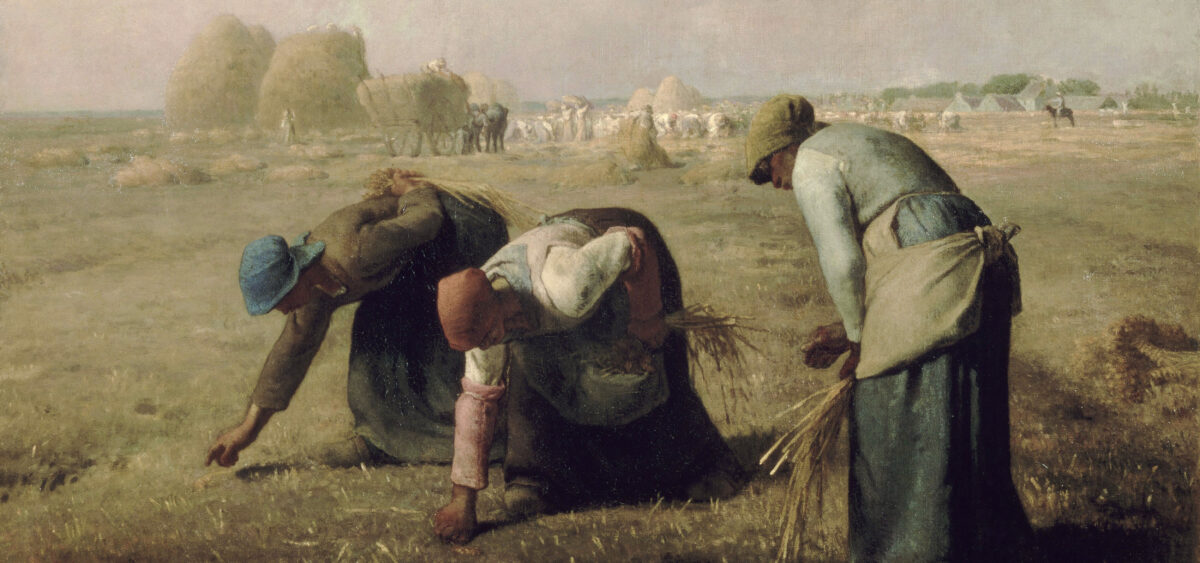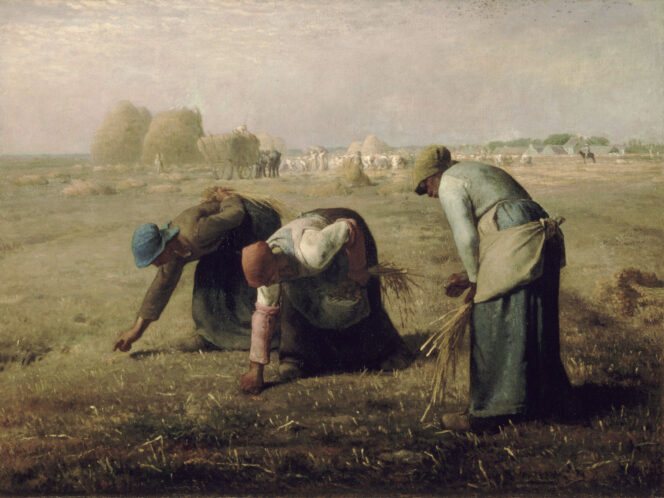
We think technological revolutions are modern phenomena, but the greatest one likely took place a long time ago. What did this revolution entail and who is responsible for it?
As the famous French anthropologist Claude Lévi-Strauss claimed, all the current and future technologies would never appear if it weren’t for the prehistoric Neolithic revolution, which made the development of all other civilizations possible. Even if one day we start to colonize other planets, it will in the end always be associated with settlement and domiciliation, or in other words, prehistoric strategies for coping with the environment. The common notion of the prehistoric human as a wild and primitive being fails when we realize that these very people were the creators of fundamental ideas that we make use of to this day, and thanks to which we have ensured ourselves a rather comfortable place in the natural world.
The discovery of agriculture
The matter of the Neolithic revolution turns out to be quite complex when we take a closer look at it. Its beginnings are estimated at around 10,000 BCE and its outbursts were observed in different corners of our globe and different cultures independently; scientists continue to shift these time limits every so often. Meanwhile, different communities and cities compete for first place when it comes to the matter of their own age. Even if we were able to define this revolution, it still remains a phenomenon that is difficult to explain. Already the matter of the ‘discovery of agriculture’, which is central to the topic and which we pay the most attention to, seems to be hardly comprehensible and is difficult to define in a precise manner. After all, ethnographers note that for most peoples who lead a nomadic lifestyle and acquire their food from gathering, it’s quite clear that a seed that ends up in the soil will sprout.
Yet another theoretical problem is associated with the fact that a shift to agriculture is usually viewed as progress, as a required step towards ‘civilization’. Modern humanities has, however, taught us to be cautious whenever we want to make a distinction between ‘civilized’ and ‘uncivilized’ peoples. The general rule we follow really boils down to this: we define people who








